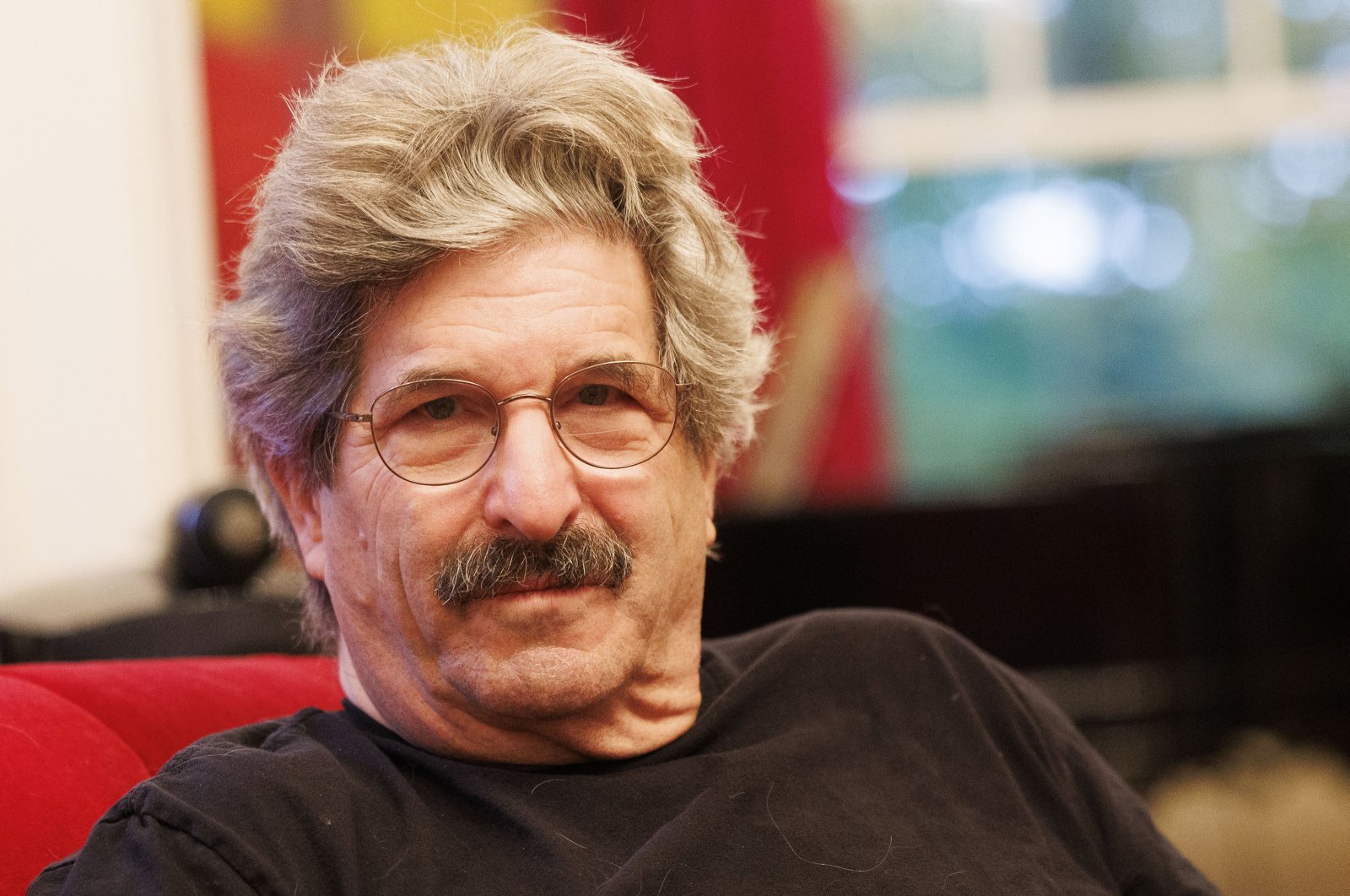
The 2024 Nobel Prize in Physiology or Medicine has been awarded to American scientists Victor Ambros and Gary Ruvkun for their groundbreaking work on the discovery of microRNA and its role in post-transcriptional gene regulation. This announcement was made during a news conference at the Karolinska Institute in Sweden.
Ambros and Ruvkun's research led to the identification of microRNA, a small RNA molecule that plays a crucial role in gene regulation. Their findings uncovered a new principle of gene regulation, demonstrating that microRNAs are essential for multicellular organisms, including humans, and are vital for proper development and functioning.
Victor R. Ambros was born in 1953 in New Hampshire. He earned his undergraduate degree in biology from the Massachusetts Institute of Technology (MIT) in 1975 and completed his PhD at MIT in 1979. Since 2008, he has been affiliated with the University of Massachusetts Medical School. Gary Ruvkun, born in 1952 in California, received his undergraduate education from the University of California, Berkeley, in 1973 and earned his Ph.D. from Harvard University, focusing on bacterial nitrogen fixation genes. He is currently a professor of genetics at Harvard Medical School.
In a related context, the 2023 Nobel Prize in Medicine was awarded to Katalin Kariko and Drew Weissman for their contributions to mRNA-based COVID-19 vaccines, highlighting the ongoing significance of innovative research in the field.
Established on June 9, 1900, by the will of Alfred Nobel, the Nobel Foundation awards prizes to those who have made significant contributions to humanity. These prestigious awards are given annually in five categories: Physics, Chemistry, Literature, Peace and Medicine, by various esteemed institutions, including the Royal Swedish Academy of Sciences and the Karolinska Institute. The Nobel Memorial Prize in Economic Sciences was introduced later, in 1968.
Nobel Prize ceremonies are held each year on Dec. 10, the anniversary of Alfred Nobel's death. While there have been years when the prizes were not awarded, most cancellations occurred during the World Wars, and the ceremonies were also postponed in 2020 and 2021 due to the COVID-19 pandemic. The 2024 award to Ambros and Ruvkun underscores the critical importance of understanding gene regulation and its implications for both medicine and biology.
